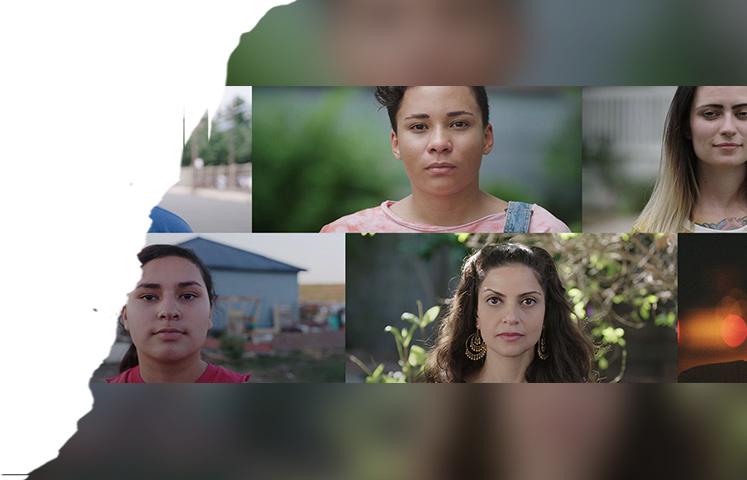African Americans, low-income communities, LGBTQ people, members of the U.S. Military, and even those dealing with mental health disorders have all seen *a lot* of love from Big Tobacco in the past few decades.
Because where most see these groups as facing challenges in our world, Big Tobacco sees a potential (addicted) customer. Particularly in the mental health community.
People with mental health disorders like anxiety, depression, and ADHD are more likely to smoke. And smoking in general is more common among people struggling with mental health disorders.
Thanks to handy industry documents (that have been public for years), we know that Big Tobacco went out of their way to target the mental health community.
FACT: Big Tobacco gave free cigarettes to psychiatric facilities.
Freeeeee cigs! F-R-E-E. One giveaway was even called Operation Santa Claus. Ho, ho, ho — here’s a potential lifelong addiction that’s also super deadly.
People with mental health or substance abuse issues have accounted for 40% of the cigarettes sold in the U.S.
That adds up to about $37 billion in Big Tobacco’s pockets. And while people may believe smoking helps to relieve stress, nicotine actually increases your heart rate, tenses your muscles, and decreases the oxygen to your brain.
So basically. Smoking can make you MORE stressed.
It also causes heart disease, cancer, and lung disease — which, BTW, are the most common causes of death among people with mental illness.
The last thing people dealing with mental illness and mental health disorders need is to be targeted by Big Tobacco. That’s something we can all agree on.
Enlist in the movement to end smoking and fight back against predatory industries.
